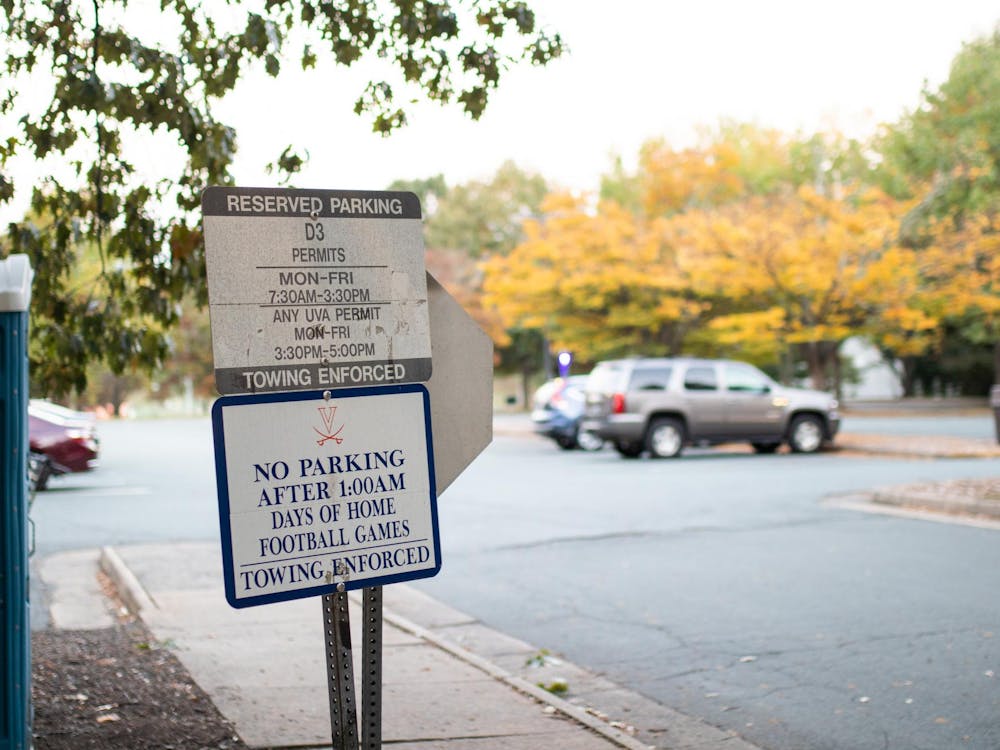There are few institutions quite as distinctive as the University’s honor system. Nevertheless, Honor faces a serious constitutional threat — the prospect of a multi-sanction system. While there are no doubt many well-intentioned advocates for this solution, their concerns are best answered by what we already have in place. The single sanction is unequivocally the ideal for our honor system.
All procedures, particularly those pertaining to sanctions, have expressive content. The single sanction is no exception. In the single sanction, the University community maintains that we won’t tolerate lying, cheating and stealing. These offenses are unique. They are inimical to the academic community as such, since the University exists to foster free and honest intellectual exchange. This is not unique to the College, or even the undergraduate community. The moral vision of Honor is foundational to every discipline in every school. And the single sanction, by uniting all corners of the University under one standard, expresses that.
But of course, you don’t need to believe in the moral underpinnings of the single sanction to reap its benefits. Because it holds everyone accountable to the same standard, the single sanction is directly responsible for our common sense of ease with each other, our aptly named “community of trust.” What’s more, a single sanction is by nature a common sanction, applicable to all members of the student body. This measure of equity is a major advantage, a prudential check on the various foibles of the students who manage the process and appear in the juries.
Nevertheless, many multi-sanction advocates do raise some good points. For instance, one often-repeated concern about the single sanction is low reporting rates. Many believe more students would be willing to report others to Honor when they witness an offense if there were options other than dismissal. However, this analysis doesn’t stand up to close scrutiny. First, the University Judiciary Committee is a multi-sanction system in our midst, and it is not known for having noticeably high student reporting rates. Second, there is insufficient statistical evidence to suggest schools with multi-sanction systems have significantly higher reporting rates than those with a single sanction. Finally, no change in sanctions will remove the sense of apprehension at reporting on a peer. That’s natural, and if we hope to change the culture of silence, we need more open dialogue about Honor rather than a drastic procedural change.
The other common argument for a multi-sanction system is based on empathy for students who are accused. Many students feel the single sanction is draconian. This is understandable. However, it overlooks two important facts. First, both the Conscientious Retraction and Informed Retraction allow someone a second chance while preserving the moral agency of the accused student. Secondly, the significance criterion in Honor trials means juries must not impose the sanction for trivial offenses.
Still others believe a vote for Option 2 will simply open the door for change rather than directly implement it. This is formally true. However, it would be disingenuous to claim a vote for Option 2 will not be interpreted by future committees as a mandate for a multisanction system. And, as the Honor Committee has noted, other schools that have made this transition have done so with plenty of administrative oversight. Why would our case be any different? Given the extent of the revisions that would be required if Option 2 passes, it’s hard to imagine a body with as much turnover as the Honor Committee being able to manage the transition over several years without the direct involvement of administrators. The fact of the matter is that a vote for Option 1 is the only way to preserve student self-governance.
The single sanction has been a central feature of the honor system since its inception. It is the bedrock on which the system stands. It has been with us for 175 years, predating both student ownership of the system and the structure of the committee itself. The honor system does not merely belong to us — in a certain sense, it also belongs to generations past and those who are to follow us. What a tragedy it will be if we destroy that patrimony entrusted to us.
Rick Yoder is a third-year in the College.






